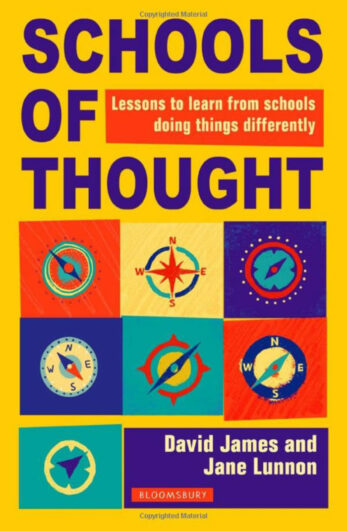I wouldn’t blame you for thinking this book is likely to be a dull read. Yet the title is right… passion is exactly what I experienced. Only ten pages in and I wanted to fling it aside in anger!
Why? During the 19th century schools for girls were described as “dangerous” places.
I always knew that huge gaps in gender equality existed (they still do), but it is stories such as these that remind me of what we are fighting for.
We can now celebrate that all young women in the UK have access to science education. Well, sort of. I work for an organisation that promotes STEM education to girls, and we are still battling against widely held social norms that “girls don’t do that”. Some still have to travel across town to the boys’ school so that they can do A-level physics.
Many believe this fight only began in the 1950s, but this book shows that the battle has been fought for the past 200 years. Outspoken women (and men) have campaigned for science education for girls since at least the early 1800s.
The wonderful part is that they made some progress. In the UK during the late 19th century, science (namely chemistry) was taught in independent girls’ schools, which led to a generation of female chemists. They made significant discoveries and contributed to scientific understanding of the time. Against societal expectation, “girls proved to be exceedingly academically capable”. One quote demonstrates the power of science teaching in girl-only environments:
“In the absence of boys, girls ‘break bounds’.”
We have much reason to celebrate these women. But do you know any of their names? Probably not: they have not been celebrated or remembered. History is still missing the “herstory”.
Not only have these women been forgotten, attitudes to education went backwards too
Not only have these women been forgotten, attitudes to education went backwards too. By the end of the Second World War, funding for girls’ science education disappeared and “traditional” values and expectations for girls were in place again. Everyone forgot, it seems, that science education for girls had existed. And so, from the grassroots, the battle had to begin again.
Imagine if the government reports from the 1800s had been listened to and implemented. Imagine how girls’ science education in the UK could have blossomed. We would have had an even richer history of female scientists to celebrate…
The Rayner-Canhems have produced an easy-to-read academic piece of work that covers the subject from the early 1800s to the 1930s, when there was a significant dip in chemistry teaching for girls. Chapters cover a range of aspects: political context, role-model schools, pioneering teachers. The experience of the students is also shared. Excerpts from student magazines and chemistry poetry prove the girls’ dedication and enthusiasm (it’s a nice touch that these poems introduce each chapter). While the book focuses on the English education system, impacts in Scotland and Wales are also accounted for.
The final chapter, which summarises the “end of an era” as attitudes reversed to more “traditional” views, is the most outstanding. A government report published in 1923 describes the “mental inferiority of women” and how “excessive use of the brain by girls could . . . damage their reproductive organs”. Biology was recommended as a more appropriate science, an education norm that still exists.
The Rayner-Canhems have uncovered the stories of pioneering young women in science who challenged social norms of the 19th century and succeeded in creating a generation of female scientists. I would recommend this book to anyone interested in the history of science education and gender equality. It is an important reminder of the forgotten “herstory” of female scientists.








Your thoughts